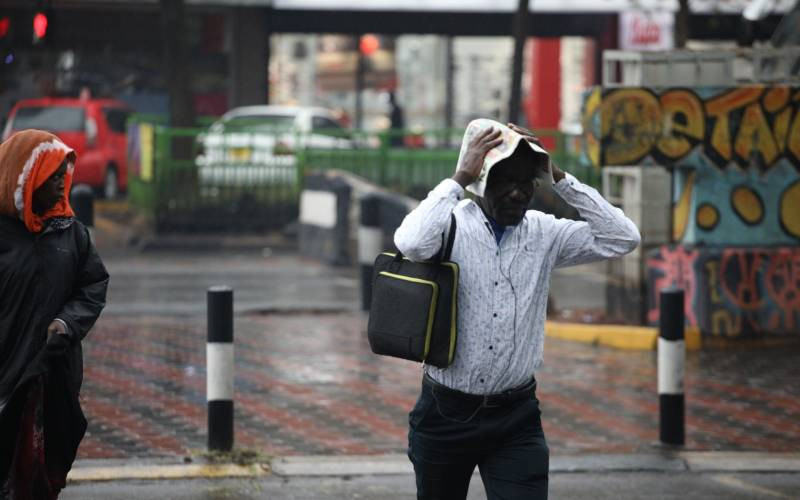×
The Standard e-Paper
Join Thousands Daily

The Kenya Meteorological Department has warned of heavy downpours across the country from October to December, owing to the El Nino climate phenomenon.
Kenya MET Director-General David Gikungu on Wednesday, August 30 said that the long rains are expected to start in September and shall continue until January next year.